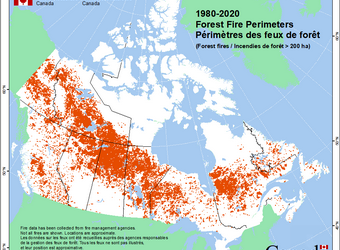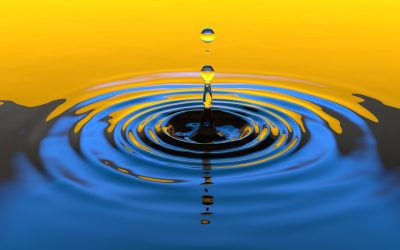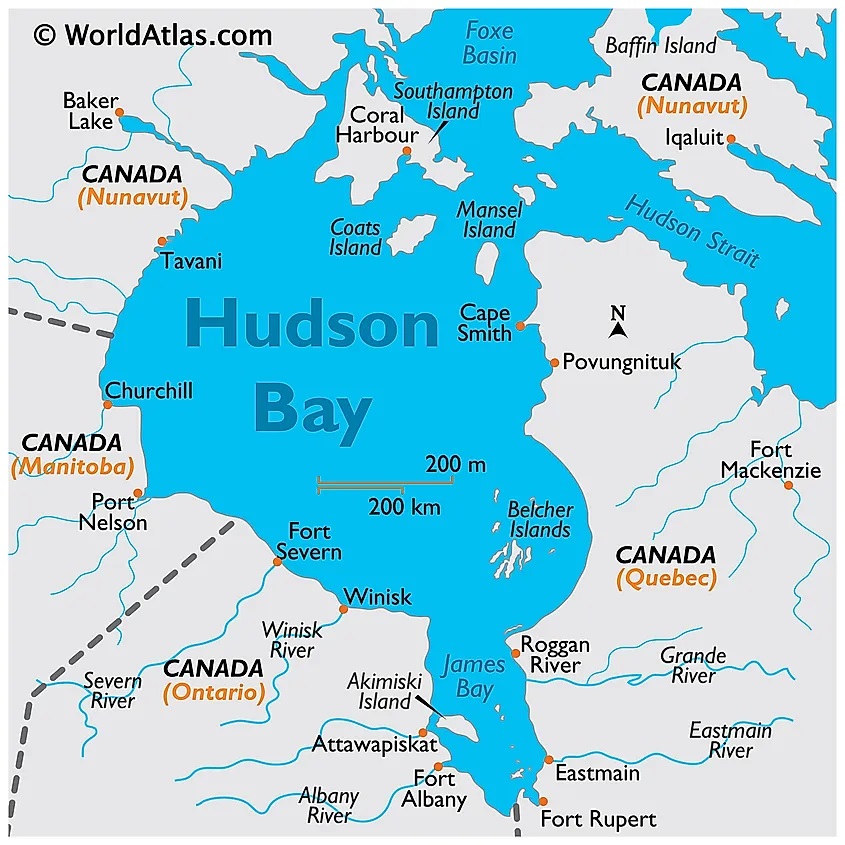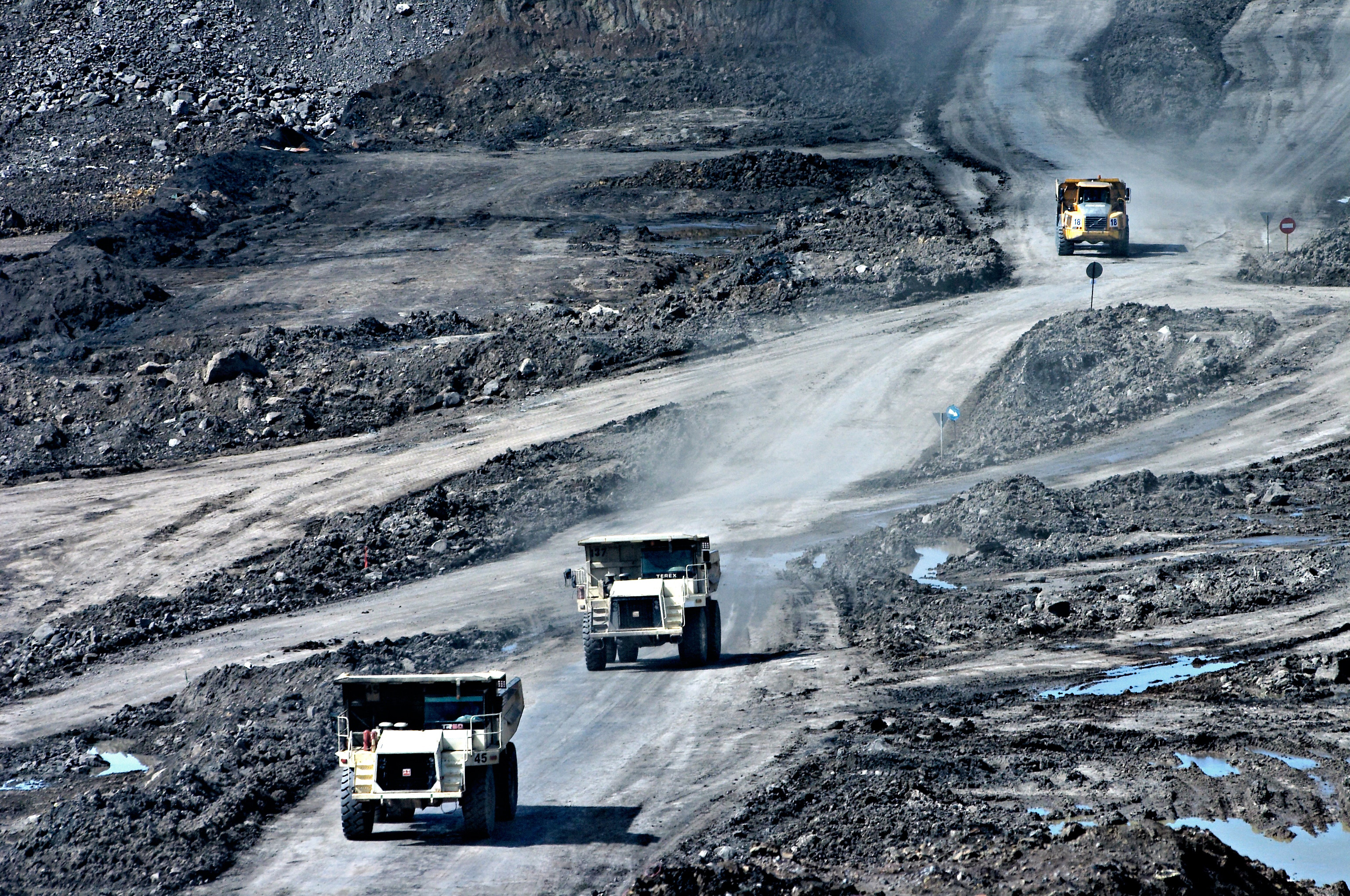If you are living in eastern Canada or the northeast of the United States, you are experiencing quite smoky/hazy skies, the result of fires in Canada. The fires have spread from northern Alberta eastward into other provinces, including Quebec, generating...
Natural Resources
Water, Water Everywhere but Not a Drop to Use
As the Bolsheviks famously put it: Who? Whom? It’s them or us.
Stefanson Right to Defend Provincial Resource Ownership
Manitoba Premier Heather Stefanson does us all proud in defending the province’s constitutional right to control its natural resources. She tweeted recently, “I will always defend Manitoba from any attempt to unilaterally strip clear provincial constitutional...
Ottawa’s Policies Defeat Its Critical Minerals Push
Prime Minister Justin Trudeau made a recent rush visit to the Saskatchewan Research Council’s experimental rare earth refining facility in Saskatoon. He touted his government’s efforts to promote rare earth discovery, development, and extraction, along with the...
Featured News
There’s Nothing Fair About Canadian Health Care
For the past 14 years, Vancouver surgeon Dr. Brian Day has led the charge for health-care reform, pushing for the right of patients to pay for private care if their health and well-being are threatened as a result of waiting in a stagnant and overburdened public...
Transformers: More than Meets the Eye
The path to net zero, based on the much disputed belief that carbon dioxide is a pollution, is more steep and impractical than most people realize. Replacing fossil fuels with clean electricity will require much more power generation and a greatly upgraded grid to...
Surviving Sustainability
Surviving Sustainability is a comprehensive new series of papers of the Frontier Centre for Public Policy, and an area of research that is only sporadically treated in public policy analysis. This oversight means that a substantial negative impact on our economic...
Harper’s quest for Santa’s Village
You have to give Prime Minister Stephen Harper some credit. While he has not delivered on his promises of military and ice breaker technology in his quest to solidify Canadian sovereignty over Canada’s Arctic, he has been consistent in making sure Canada’s claims are...
Lunch on the Frontier – Manitoba Hydro – With Graham Lane
Listen to Graham Lane speak about Manitoba Hydro at Lunch on the Frontier here. (61 minutes)
Quebec, Shale Gas and Pandora’s Box
There were some in Quebec who were thrilled last week when the new Parti Québécois government suggested it would ban the development of the province’s shale gas resources. While this seems to be just another story of a province deciding for or against a development opportunity, a shale gas ban might have larger consequences down the road.
Media Release – A Game-Changer is Coming: A look at a Future Natural Gas-to-Liquids plant to United States
Ian Madsen examines the economic, strategic and environmental implications of news that South Africa-based Sasol is looking into setting up a plant in Louisiana capable of delivering millions of tons of transport fuel derived from natural gas.
Natural Gas-to-Liquids Coming to the U.S.
Few “alternative fuels” hold the promise of abundance, reliability, high-yield, portability, compatibility, and strategic enhancement that the transformation of natural gas to liquid does. This backgrounder examines the economic, strategic and environmental implications of a market capable of delivering millions of tons of transport fuel derived from natural gas.
There Will Be Oil: For decades, advocates of ‘peak oil’ have been predicting a crisis in energy supplies. They’ve been wrong at every turn, says Daniel Yergin.
Since the beginning of the 21st century, a fear has come to pervade the prospects for oil, fueling anxieties about the stability of global energy supplies. It has been stoked by rising prices and growing demand, especially as the people of China and other emerging economies have taken to the road.
Oil Sands and Ethical Oil
Listen to Ezra Levant on Oil Sands Industry here. (25 minutes)
Burn Baby Burn
Denmark incinerates about 40% of its rubbish, but it also has a recycling rate the UK can only envy and most importantly only a fraction of Denmark’s waste, about 10%, goes into landfill. Compare that to the UK which buries over half of its waste.



